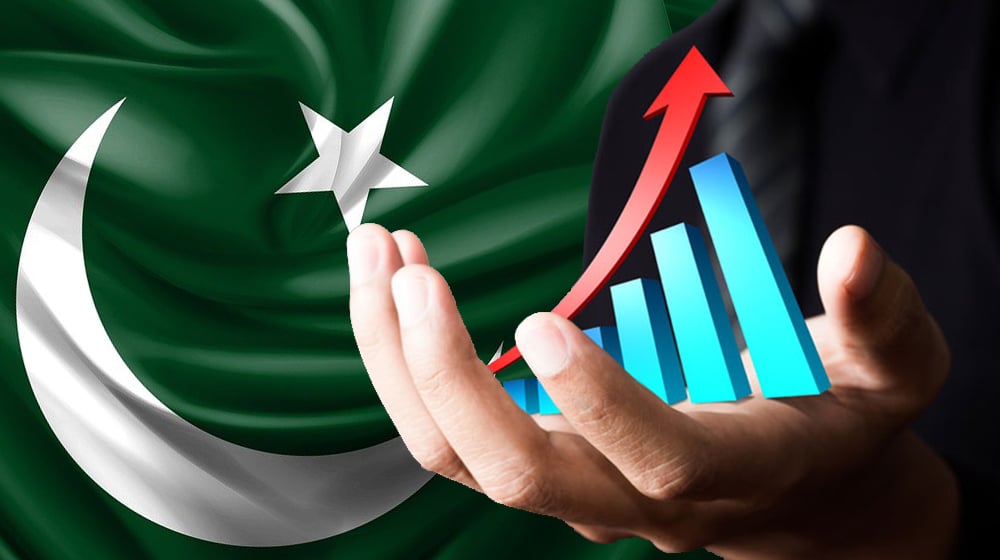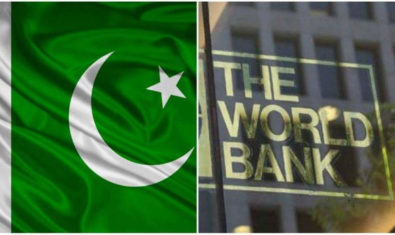Pakistan’s Business Optimism Index (BOI) for Q3 2021 is the highest since 2019 and has continued to showcase substantial growth for the preceding three quarters, indicating a favorable outlook for the business community.
According to Dun & Bradstreet’s ‘Business Optimism Index’ report, business sentiment among local firms in Q3 2021 rebounded to pre-COVID-19 levels, mainly on account of a reduction in overall infection cases in the country due to increased vaccination rates.
The BOI registered 154.2 points in Q3, 2021 compared to 152.1 points in Q2, 2021, indicating an increase of 1.4% quarter-on-quarter. The BOI for Q3, 2021 is the highest since Q4, 2019, indicating an improvement of 5.3% in optimism in comparison to the corresponding period last year.
Large companies’ index increased to 162.5 in Q3, 2021 from 153.6 in Q2, 2021. In comparison, SMEs’ index declined to 141.9 in Q3, 2021, from 150.0 in Q2, 2021. This highlights that Large companies are more optimistic about the future compared to SMEs likely due to greater sustaining power during lockdown restrictions.
Exporters’ optimism declined by 1.6% in the current quarter after an increase in the last quarter, in line with the decline in SME optimism as SMEs made up about 70% of exporters in the survey.
The trading sector is most optimistic about the upcoming quarter with a BOI of 160.9, while the Manufacturing Sector is the only sector to decline, with a BOI of 147.0. While there is higher optimism regarding Sales Revenue and Sales Volumes, optimism is relatively muted for Selling Price, indicating a likely price-sensitive and competitive market. On a quarterly basis, the index for the Trading sector exhibits the largest improvement of 13.4 points (9.1%) over the last quarter.
Businesses in Manufacturing Sector indicate a decline in optimism, quarter-over-quarter, for all parameters, barring ‘Employment Size’.
The net balance (NB) scores for Selling Prices, Employment Size, and Profits are higher for the upcoming quarter (Q4, 2021) compared to Q3, 2021, highlighting increased optimism for Q4 2021 likely to be driven by better pricing. The NB score for forecasted Sales Revenue stood at 70% in Q3, 2021 compared to 77% in Q2, 2021.
76% of businesses anticipate an increase in Profits due to a rise in demand in Q4, 2021, while 78% of the businesses expect Sales Volume to increase in anticipation of higher seasonal demand and exploration of new markets.
26% of businesses expect “no change” and 21% are ‘not sure’ about the impact on selling prices indicating uncertainty regarding future prices. 49% of businesses expect employment to grow in
the next quarter.
The majority of the businesses are comparatively more optimistic about the future as the government is gradually easing the lockdown restrictions based on decreasing COVID-19 cases in the country. 60% of the respondents cite business disruptions due to COVID-19 as the major factor affecting growth. Inflation/high-interest rates (38%) and exchange rate fluctuation (29%), are some major macroeconomic concerns.
Additionally, respondents highlight concerns regarding managing business costs, namely; cost of utilities (21%) and government fees/taxes (19%). In the current quarter, the identification of key business challenges is aligned with the depreciation of the PKR by ~8% against the USD, in Q3, 2021, the increase in Consumer Price Index (CPI) of 9.0% in September 2021, and an increase of 0.25% in the policy rate.
Businesses continue to see disruptions due to COVID-19 as the top challenge over the last six quarters. The key business challenges cited in Q2, 2021 included business disruptions due to COVID-19 (63%); cost of utilities (23%); and demand for products (23%).
Besides Selling Prices, SME optimism, across all parameters, decreases for Q4, 2021 compared to Q3, 2021. Exporter SMEs turn more optimistic as 72% of SMEs forecast export performance to increase in the upcoming quarter (Q4, 2021), compared to 66% for Q3, 2021.
The impact of inflation/interest rates and exchange rate fluctuation is less acute for SMEs compared to large companies. 26% of SMEs (Large: 47%) cite an increase in inflation/interest rates and 15% (Large: 38%) cite exchange rate fluctuation as a key business challenge.
The Exporters’ Optimism Index stands at 155.0 points in Q3, 2021, down by 1.6% q-o-q and up by 9.8% y-o-y. Exporters indicate lower optimism than domestic-market-oriented firms across all parameters, except ‘Size of Employment’ for Q4, 2021. Exporters express relatively less optimism for Q4, 2021 compared to the outgoing quarter; 57% for Q4, 2021 vis-à-vis 73% in Q3, 2021.
Large companies continue to be optimistic, as in the past three quarters, indicating a likely rebound from the impact of COVID-19, driven by an anticipated increase in export sales; expansion to new markets; and extension in the product line.
As far as the overall impact of COVID-19 on businesses is concerned, the report explained that the pandemic was relatively less detrimental on sales in Q3, 2021, as compared to Q2, 2021. Besides, 38% of respondents cited a decrease in sales in Q3, 2021, compared to 52% in Q2, 2021.
Due to the prevailing uncertainty, a clear census failed to emerge. Regardless of this result, ~50% of respondents are still hopeful that the situation will normalize within the next 6 months.

























